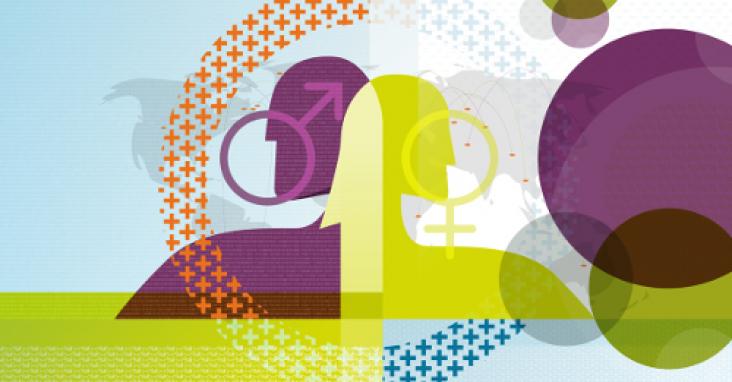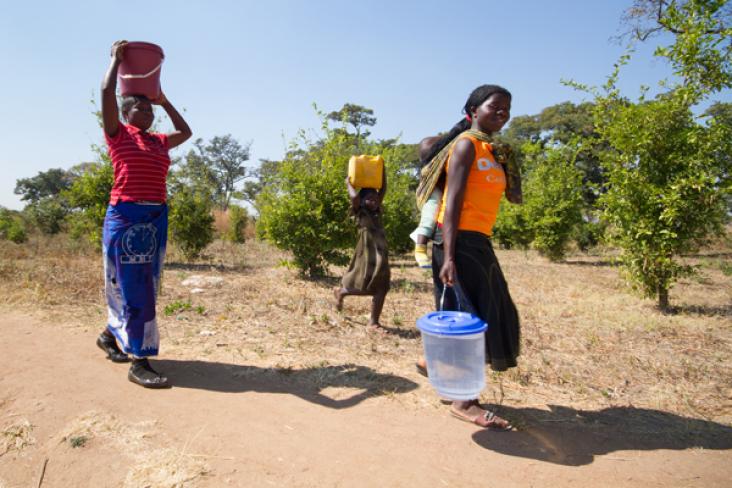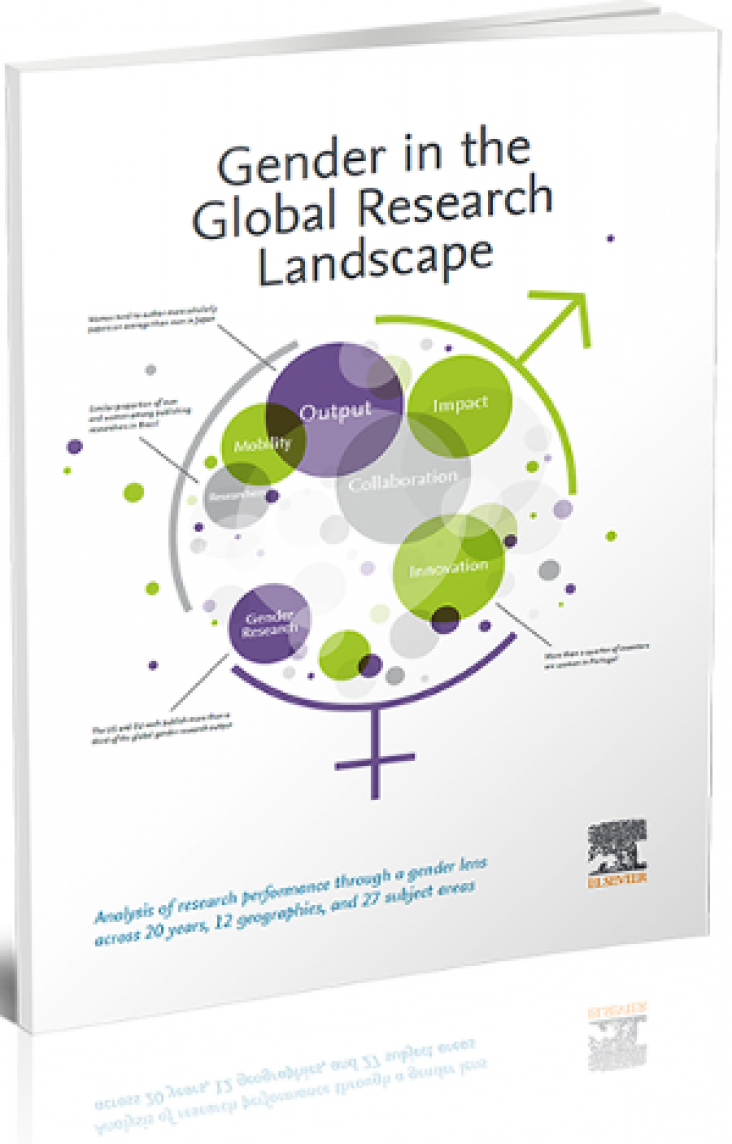This chapter advances goals 3 and 5 by reviewing advancements and challenges in breast tissue engineering, potentially used for the purposes of reconstructive surgery in women who have had breast cancer surgery.
Elsevier,
Principles of Gender-Specific Medicine (Third Edition), Academic Press, 2017, Pages 435-441.
This chapter advances SDG 3 and 5 by exploring some of the factors associated with high mortality rates in Indian girls including in the 5 to 14 age group.
Elsevier,
Principles of Gender-Specific Medicine (Third Edition), Academic Press, 2017, Pages 183-201.
This book chapter advances SDG 5 and 10 by showing that gender differences in emotion experience and expression represent some of the most robust gender stereotypes worldwide.
Elsevier,
Principles of Gender-Specific Medicine (Third Edition), Academic Press, 2017, Pages 203-217.
This book chapter advances SDG 3 and 5 by describing how autism research and diagnostic practices have been challenged in terms of androcentric assumptions and biased assessment practices, suggesting that methods are insensitive to gender differences on the spectrum. It is now recognized that girls on the autism spectrum may present differently from boys and hence their identification and subsequent needs may go unrecognized.
Background The burden of HIV in transgender women (transwomen) in Brazil remains unknown.
Background Sex workers are disproportionately affected by HIV compared with the general population.

To support the launch of Elsevier's groundbreaking report Gender in the Global Research Landscape, it has created a resource center as a source of information for researchers, research leaders, policymakers and anyone else interested in gender diversity and its impact on science and society. Through this work, Elsevier is committed to SDG 5 to advance gender equality.

Despite the increased attention the sixth Sustainable Development Goal (clean water and sanitation) has brought, access to water in Sub-Saharan Africa is worse than ever: there are more people without access to water now than there were in 1990.
In order to fix the problem we need to understand what’s going wrong with our current approaches. That was the aim of an Atlas Award-winning study published in Water Resources and Rural Development, by researchers at Glasgow Caledonian University in Scotland, the University of Malawi in Malawi and the University of Lusaka in Zambia. Interestingly enough, since women and school aged girls are typically tasked with water fetching, by providing water access and sanitation authors feel there is an effect on others SDG like SDG 10 (reduced inequalities), SDG 4 (quality education) and SDG 5 (gender equality)

Elsevier's Gender Report importantly supports SDG 5 - gender equality - by applying a gender lens to the field of science and research. It examines the proportion of female researchers and inventors in twelve countries, the fields women tend to specialise in and whether women or men publish more articles. This report provides sound data for understanding the role of gender within the structure of the global research landscape.
